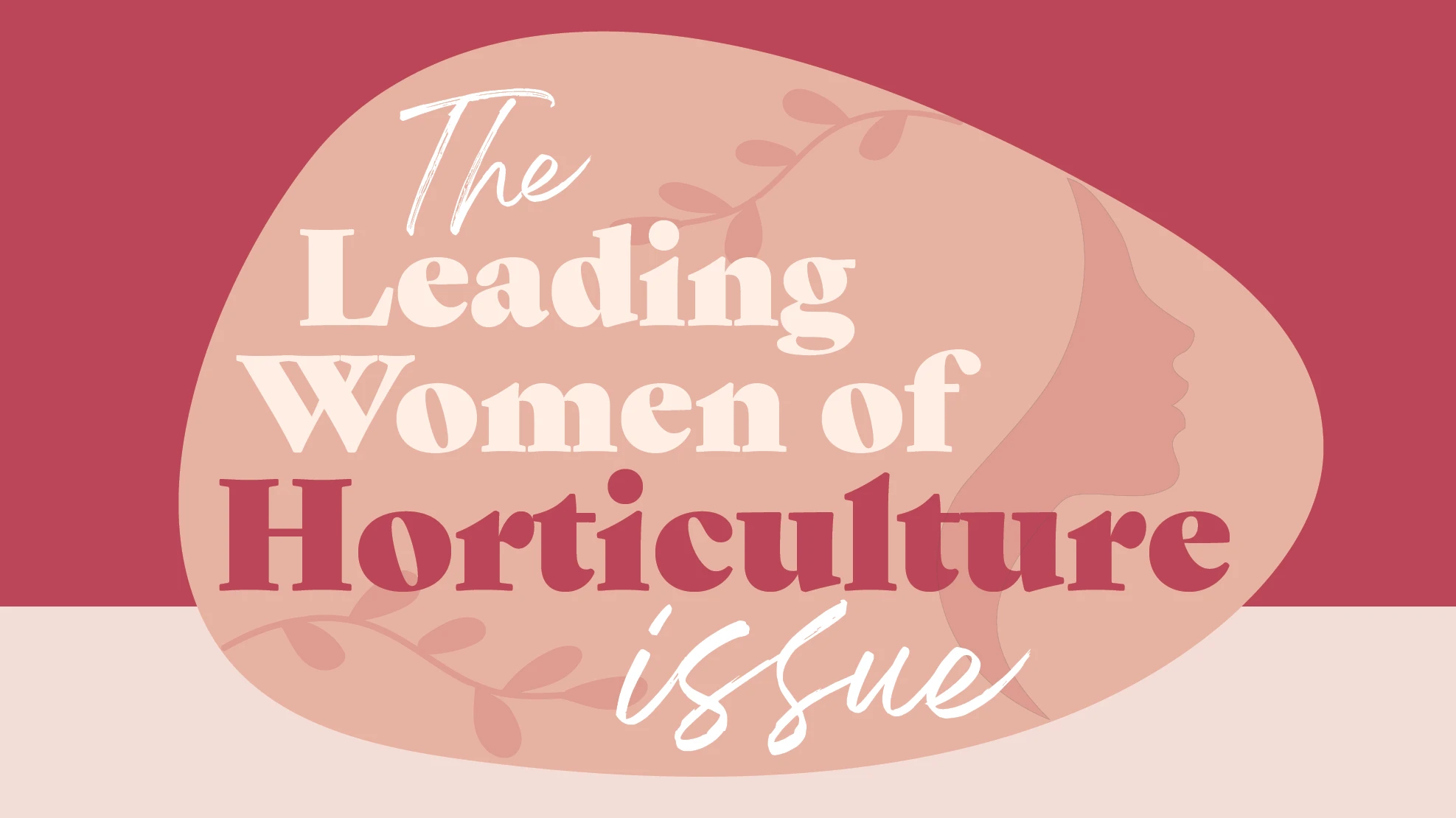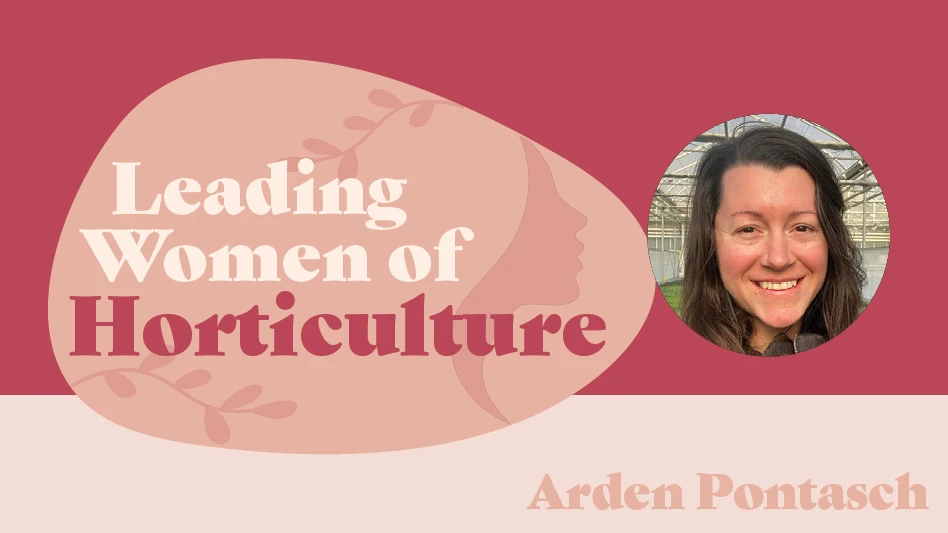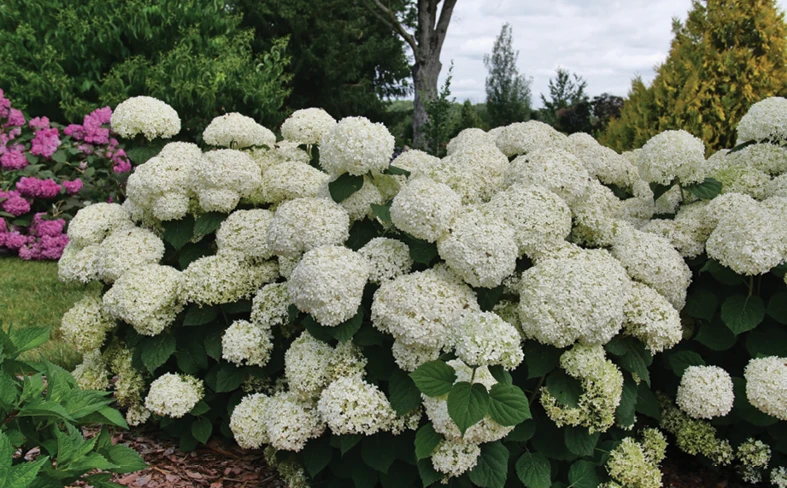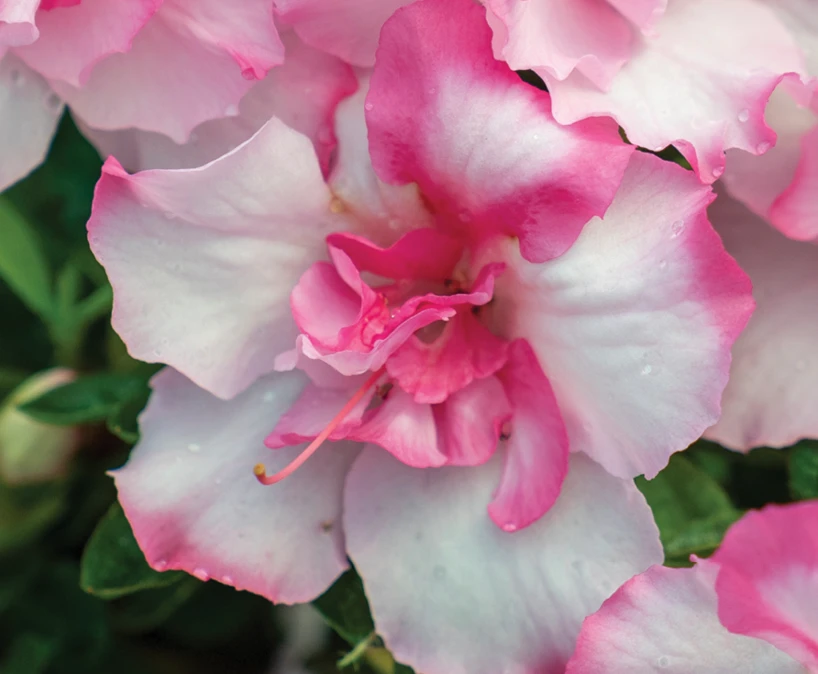 A) Drip irrigation at Eastern Shore, B) McHenry County Nursery uses grass strips, C) Gro-Eco Growing SystemPermanent grass strips
A) Drip irrigation at Eastern Shore, B) McHenry County Nursery uses grass strips, C) Gro-Eco Growing SystemPermanent grass strips
Conservation is the founding philosophy at McHenry County Nursery in Harvard, Ill. Co-owners Joe Beeson and Mary T. McClelland constantly review production practices to find the best and most sustainable solutions.
“Anything growers can do to conserve water is worth the effort,” she said.
Young plants in the field are on drip only for the first year. After that first year the plants typically get their irrigation simply from rainfall.
The contoured fields are planted with grass strips between the tree rows, which increases nutrient and water retention, reduces soil erosion and chokes out weeds. The grower uses K31 dwarf fescue, which is a low-growing and low-maintenance variety. For above-ground material, the grower uses probes to measure soil moisture.
“We value conservation highly, and the industry is seeing the value of conservation – not just environmental value, but also monetary value,” McClelland said.
For more: www.beesongrows.com
A new look at drip
Jay Fraleigh, owner of Fraleigh Nursery in Madison, Fla., needed a less-expensive alternative to grading land, digging ditches and building ponds to start a nursery on his family’s farm. He designed a raised bed system with drip irrigation and a permeable cloth.
Coined the Gro-Eco Growing System, it uses drip tape above and below the water-permeable membrane, allowing water “to get right where it’s needed without waste,” said Robert Grove, production manager at Fraleigh Nursery.
The nursery estimates the system provides 85 percent water savings compared to overhead systems. The Gro-Eco system also helps protect the root zone from cold in winter and heat in summer.
“Plants like sprirea, ornamental grasses and crape myrtles don’t suffer from heat stress in summer, which allows the roots to still grow. That way we get faster turns,” Grove said.
The nursery uses 1-, 3-, 7- and 15-gallon pots on the system. Growers may be licensed to use this patented system.
For more: www.gro-eco.com
Water recycling
“Our overall philosophy is to reuse as much water as we can,” said co-owner Robin Rinaca.
Much of the trees are on drip irrigation, and the nursery adds more of its production to drip each year.
The nursery won the 2009 Ground Water Award from the Virginia Eastern Shore Regional Ground Water Commission. Water conservation has been a voluntary aspect of production at the nursery for decades.
The nursery also is working with the Chesapeake Bay Foundation to create water conservation and pollution prevention models for farms and nurseries in the area.
For more: www.esnursery.com

Explore the June 2010 Issue
Check out more from this issue and find your next story to read.





